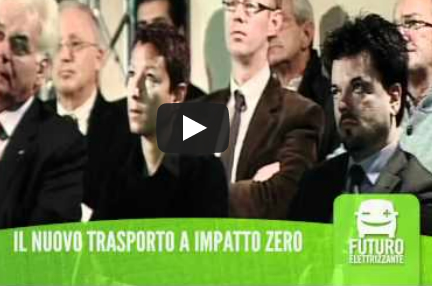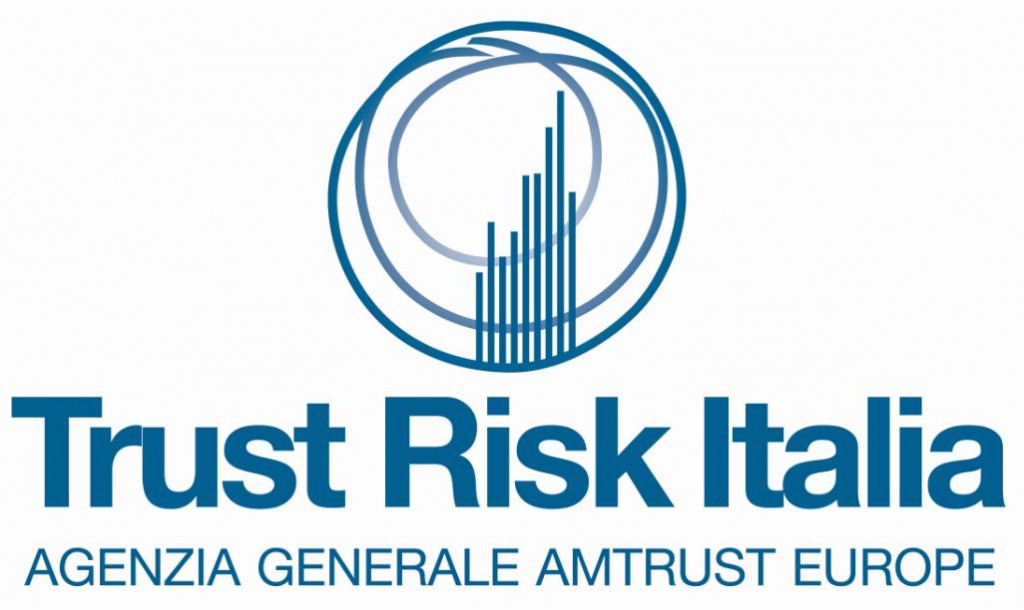Milan, October 2020 – The recent DPCM urged companies, public administrations and organizations to use the smart-working tool, at least in a percentage of 75%. And if companies and institutions are quickly gearing up, also thanks to recent experiences, so that smart-working can become permanent also in the future, the regulatory framework does not seem to adapt to change with proportional speed.
“No law has yet established precisely how smart-working should be implemented and attention to remote verification of work performance, the employer risks penalties, including penalties” – explains the lawyer Rita Santaniello of Rödl & Partner, an international giant in legal and of work, present in 49 countries around the world including Italy.
“While in Germany they are preparing to pass a law that will allow every employee to be entitled to a minimum of 24 days of agile work per year, in Italy – explains the expert – after the last DPCM, smart working, so as was the case with the previous decrees, it can be activated with the simplified procedure in derogation of law no. 81/2017 and consequently without the need for an agreement between the parties “.
This provision, according to labor law legal experts, could lead to some issues regarding the number of hours worked, putting at risk the employee’s right to disconnect from work.
“Let’s start by clarifying that smart-working was created to allow the employee to carry out the work activity outside the company premises and to decide independently the times and places of work, with a view to a better work-life balance – specifies the lawyer Rita Santaniello of Rödl & Partner – Unfortunately, however, these prerogatives are often just an illusion and in many cases we tend to work harder than when we are in the company. “
.
Right to disconnect, how to guarantee it?
“If it is true that the state of emergency allows the employer to activate smart working without agreement between the parties – explains the lawyer Rita Santineillo of Rödl & Partner – it is also true that the employer with regard to rest times and technical-organizational measures to ensure the worker the right to disconnect must in any case refer to Law No. 81/2017, which has tried to curb the increase in working hours and the difficulty in separating working life from private life, establishing rest times for the smart-worker and the necessary interruption from the connection with corporate IT tools”.
Having clarified this, however, the law has not established on the merits how this right to disconnect must be guaranteed and the approaches by employers are among the most diverse.
Employers, pay attention to remotely check the work performance of their employees, you risk the penalty
“It may also happen that some employers have introduced tools or software that, among their other functions, also allow remote verification of work performance or control of connection times to company tools – warns the lawyer. Rita Santaniello – In these cases it is absolutely necessary to obtain the authorizations provided for by the Workers’ Statute and to inform employees in compliance with European privacy legislation. Otherwise the employer could incur penalties also from a criminal point of view.”


























